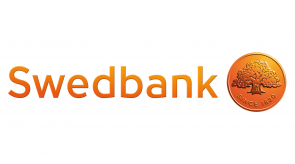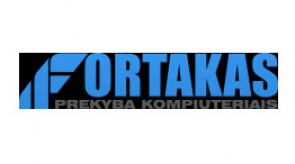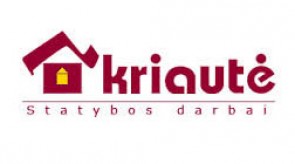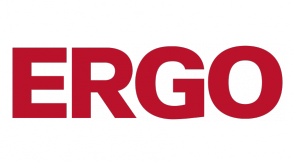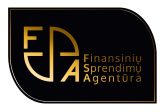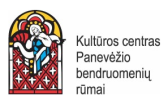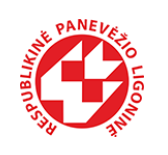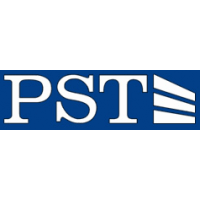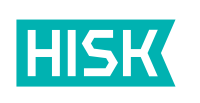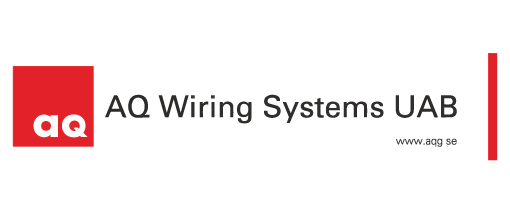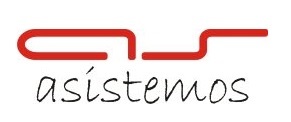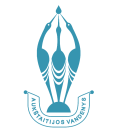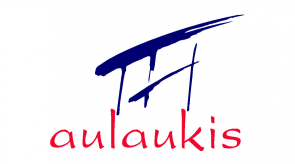Accounting
 Study mode and duration: full-time (3 years), part-time (4 years).
Study mode and duration: full-time (3 years), part-time (4 years).
Study programme is carried out: Panevėžio kolegija/State Higher Education Institution, Faculty of Social Sciences.
Degree and professional qualification: Business management professional bachelor.
Volume of study programme in credits: 180 ECTS credits.
Why choose this programme: accounting study programme-one of the most practical study programmes. Newest accountancy and taxation knowledge ensures successful possibilities for integration to labour market becoming an accounting professional, chief accountant, management accounting specialist, analyst or company manager able expertly solve financial, management, taxation problems.
Please check Rules for Admission for foreigners
Study subjects (full-time studies)
| General subjects of college studies |
|---|
| Safe work and Civil Safety |
| Sociology |
| Subjects of study field |
| Applied mathematics |
| Practical informatics |
| Professional language and documents management |
| Economics fundamentals |
| Accounting fundamentals |
| Law |
| Basics of management and marketing |
| Psychology |
| Statistics |
| Professional ethics |
| Practices |
| Introductory practice in (Busines) company |
| General subjects of college studies |
|---|
| Professional foreign language |
| Basics of entrepreneurship |
| Subjects of study field |
| Enterprise economy |
| Finances |
| Computerized documents management |
| Finance accountancy + K |
| Taxes |
| Optional subjects and set by the College |
| PD1 |
| PD2 |
| Practices |
| Entrepreneurship education practice (in business simulation company (bsc) |
| Practice of corporate accountancy |
| Subjects of study field |
|---|
| Management accountancy |
| Computerized accounting |
| Audit |
| Financial analysis + K |
| Public sector accounting-Public administration A1 / Agricultural accounting-Common agricultural policy A1 |
| Public Procurement A2 / Insurance A2 |
| Financial markets A3 / Personalfinance management A3 |
| Practices |
| Final practice |
| Final thesis |
PD1, PD2 – optional subjects foreseen by the order of the Director
A1, A2, A3 – alternatively chosen subjects foreseen by the study field programme committee
Study subjects (part-time studies)
| General subjects of college studies |
|---|
| Safe work and Civil Safety |
| Sociology |
| Subjects of study field |
| Applied mathematics |
| Practical informatics |
| Professional language and documents management |
| Economics fundamentals |
| Law |
| Psychology |
| Professional ethics |
| Accounting fundamentals |
| Statistics |
| General subjects of college studies |
|---|
| Professional foreign language |
| Basics of entrepreneurship |
| Subjects of study field |
| Basics of management and marketing |
| Computerized documents management |
| Finance accountancy + K |
| Taxes |
| Optional subjects and set by the College |
| PD1 |
| PD2 |
| Practices |
| Introductory practice in (Busines) company |
| Subjects of study field |
|---|
| Finance accountancy + K |
| Enterprise economy |
| Finances |
| Computerized accounting |
| Public sector accounting – Public administration A1 / Agricultural accounting – Common agricultural policy A1 |
| Public Procurement A2 / Insurance A2 |
| Practices |
| Entrepreneurship education practice (in business simulation company (bsc) |
| Practice of corporate accountancy |
| Subjects of study field |
|---|
| Management accountancy |
| Audit |
| Financial analysis + K |
| Public sector accounting – Public administration A1 / Agricultural accounting – Common agricultural policy A1 |
| Financial markets A3 / Personalfinance management A3 (offered in English) |
| Practices |
| Final practice |
| Final thesis |
PD1, PD2 – optional subjects foreseen by the order of the Director
A1, A2, A3 – alternatively chosen subjects foreseen by the study field programme committee
Aim of the study programme – to prepare high qualification accountants able organize and manage economy subject accountancy, analyze financial activity results, prepare budgets, control economic processes and constantly learn in changing global environment.
Study programme results:
- Know basic theories enabling understanding of external (micro and microeconomic, political, social, cultural, legal, informational, nature etc.) and internal (human, technological, financial, informational and others) organization environment factors, management and evaluation methods;
- Know basic economic, management, finance and accountancy principles and understand its application peculiarities in accountancy field practical activity;
- Understands structure of finance system, types of financial markets and purpose, functions of public and private finance sectors and accounting;
- Is able to accumulate and analyze data needed for accountancy professional activity and innovation development problem solving;
- Is able to use modern informational technologies, apply effective research methods and models purposefully accumulating information on accounting issues analysis;
- Know Accountants’ professional Ethics Code provisions implementation principles and are able to follow the Code. Properly implement accountancy regulating legal acts, international financial accountability and national accountancy standards and other normative documents;
- Understands principles of accountancy policy formation and goals, is able to choose proper accounting methods and adapts proper accountancy policy for specific organization, implements and controls its legality;
- Is able to plan, organize and implement practical activities in accountancy professional fields, autonomously choose and use informational technologies, specialized accountancy software, process accounting information using specialized software;
- Is able to formalize economic transactions on behalf of legal documents and control legality; manage accounting of organizations and individual persons; account long-term and short-term assets, equity capital, payables and liabilities, income and expenses, to carry out the reporting year-end accounting procedures, prepare financial statements, statistical reporting, declare taxes; apply the internal control system;
- Is able to generalize, analyze and systematize organization’s financial report data, estimate results of financial situation and activity, present proposals on management, financing, investment and other issues; prepare organization’s budget; business plan or project, validate resource usage effectiveness and assess risks;
- Is able effectively and tolerantly communicate with specialists and other individuals solving professional activity tasks, transfers knowledge and understanding following professional ethics and citizenship;
- Is able responsibly, critically express thoughts, rise and solve problems, evaluate flexibly and not according to stereotypes phenomena seeking a thorough knowledge;
- Is able autonomously improve in professional activity field through lifelong learning, is interested in innovations and science best practice, understands moral responsibility for own activity results impact for society, economics, culture development, welfare and environment;
- Is able to perform various project, creativity, self-expression, innovation based activity in changing environment.

